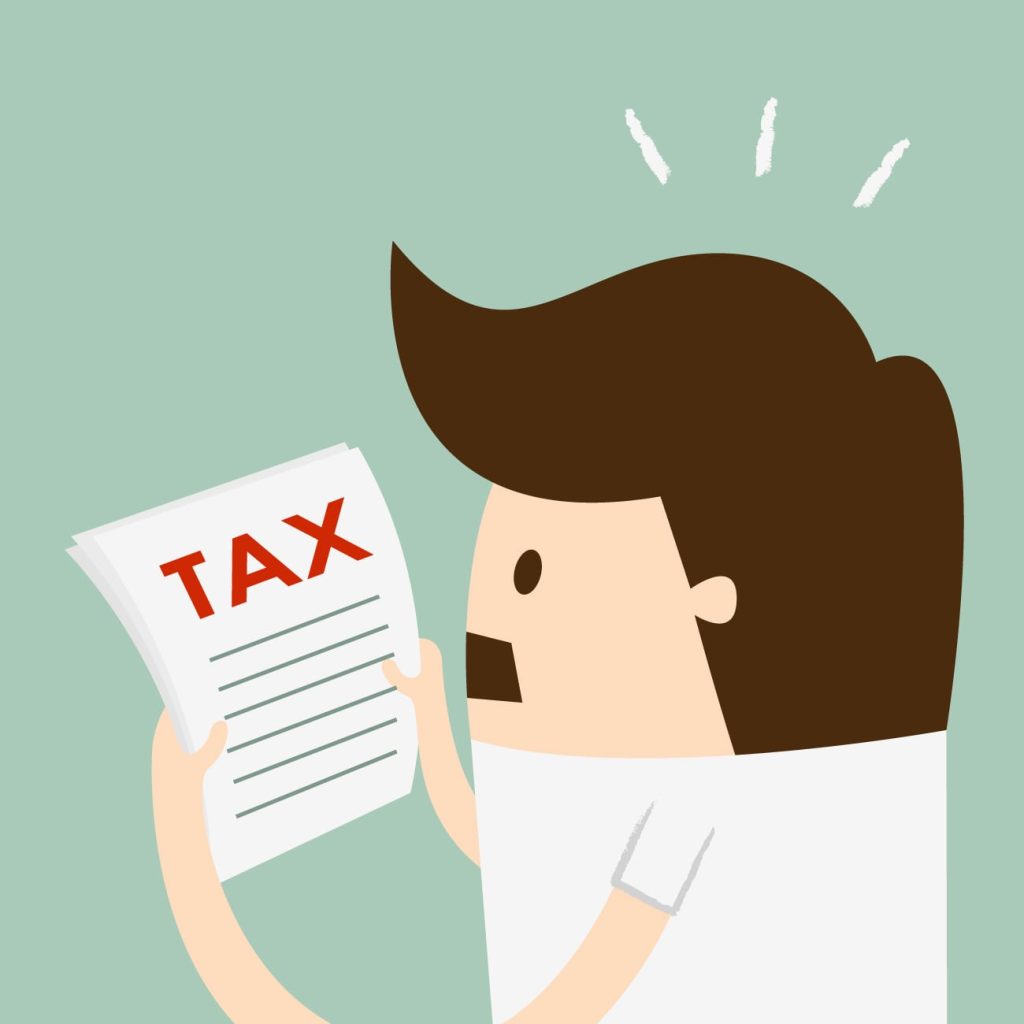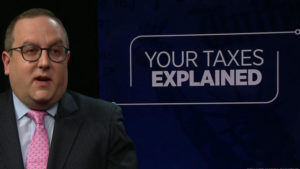The IRS is now open for the business of filing 2019 tax returns. If you are a person who likes to get things done, and you have all of your tax documentation in hand, don’t fight the urge to file early. Even if you have been a procrastinator in years past when it comes to filing your freelance taxes here are four solid reasons why you should file your taxes as early as possible—and when you should wait until April 15:
When you should file your freelance taxes early:
- If you expect a tax refund this year, filing as soon as possible will help to expedite the money you are owed. This being said, if you are expecting a big refund, you may want to check your withholding (if you are also receiving a W-2) and/or the estimated taxes you are paying and make an adjustment to keep more of your money in your pocket instead of lending it to the IRS interest-free.
- You are divorced and have dependents you want to claim. Unless you and your ex work it out in advance, you may lose the ability to claim any child tax credits or related deductions. This is because if you don’t file before your former spouse does, it can be difficult to change dependent claims on your federal and state taxes after the fact. Also, be sure to check out the specific rules the IRS has about who can claim a dependent.
- You are buying a house or applying for other loans. Planning to buy a new house this spring? Getting your taxes done will help you consolidate all of the information you’ll need to get pre-approved for a mortgage in time for you to shop and make an offer on the property you want. This also applies to college students applying for financial aid, which is often done in February or March, who will need their tax information or their parents’ details.
- You are planning to use a new tax preparer. If you need assistance filing your freelance taxes, you’ll want to reach out to them and fie as early as possible. If you wait too much longer to ask for help, you run the risk of not being able to get on a tax professional’s client list due to the volume of returns they are processing as the season progresses.
Filing taxes late in the season may be better for you in these scenarios:
- You have complex investments. If you have certain types of investments, you may not want to file early. Some types of investments, like limited partnerships, have until mid-March to issue an earnings statement to their investors which may need to be revised after they’re issued. If this happens and you have already filed your taxes, you would have to revise your return with the correct information.
- You owe taxes. No one wants to pony up money that they owe earlier than necessary—and taxes are certainly no exception. If you expect to owe money to the IRS it is better to file later during tax season, although you may want to prepare your return now so you know exactly how much you’ll be paying.
As you can see, there are many benefits to filing your tax return as soon as you can. However, they are some situations where it may be best to hold off filing. Jonathan Medows, CPA and founder of CPA for Freelancers® recently discussed this on CBS News, check out the video below:
No matter when you file, check to see if you qualify for these extended tax breaks
The federal budget legislation passed last December extended the following individual tax breaks which had expired or were about to expire, making them available for you to claim on your 2019 and 2020 return:
- Medical expenses—if you aren’t claiming the flat standard deduction, you may be able to use this tax break to write off various types of medical and dental costs. To qualify, your eligible medical expenses must exceed 10 percent of your annual gross income (AGI) in 2019. This floor drops to 7.5 percent of your AGI in the current 2020 tax year.
- Mortgage insurance premiums—This tax deduction allows filers to itemize mortgage insurance premiums like they would mortgage interest. This means that if you paid mortgage insurance premiums in 2019, you can deduct that them, but only if you itemize your deductions and qualify for the mortgage insurance premium deduction.
- Exclusion for income from canceled mortgage debt—Here’s another mortgage-related tax break. If you borrow money from a commercial lender that ends up canceling or forgiving your debt, the amount of the canceled debt will not count as income for tax purposes (as it normally would). This relief is actually an extension of the Mortgage Forgiveness Debt Relief Act of 2007, adding on to the tax years to which this exclusion applies.
- Higher-education tuition and expenses—Not only can you still deduct qualifying higher-education expenses (assuming you are otherwise eligible for the deduction) but you don’t have to itemize your deductions to do so. Education expenses that qualify for this deduction include tuition and required fees, such as amounts for books, supplies or equipment used in a course of study.
If you are unsure of when to file your taxes and which deductions you qualify for, check with a tax professional, they can help you decide and make sure that you don’t leave any potential deductions or tax credits on the table.



